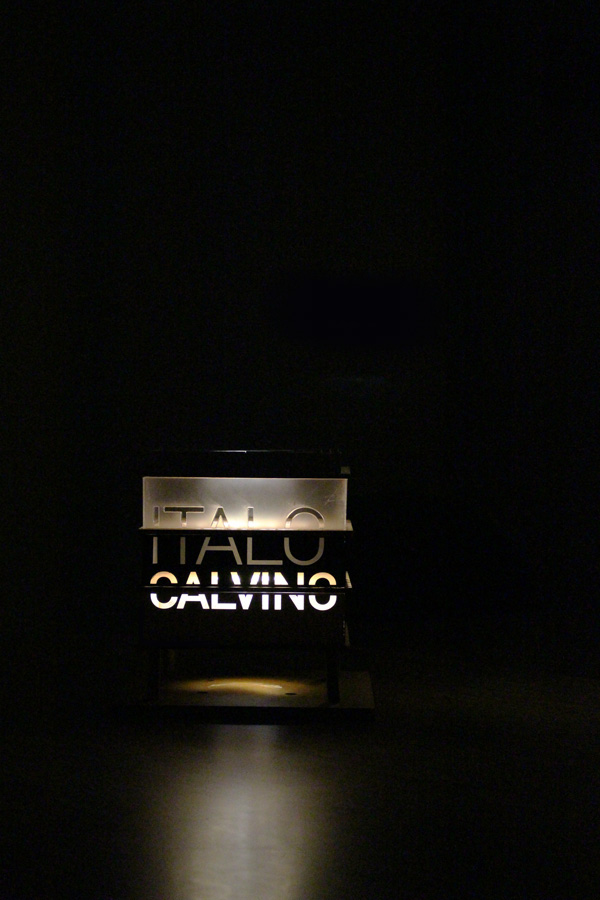

There are many quotes, especially from the Zibaldone, which could have used some condensation. By handling a wide range of styles and general approaches, Calvino offers a splendid viewpoint of artistic achievements of the mind. Skillfully, Calvino ropes in the work of all of these authors, outlines their methods in some measure and suggests how precisionism or autodidacticism or lightness and suggestion led into the completion or success of the work. Six Memos for the Next Millennium, page 1 Select Voice: Brian (uk) Emma (uk) Amy (uk) Eric (us) Ivy (us) Joey (us) Salli (us) Justin (us) Jennifer (us) Kimberly (us) Kendra (us) Russell (au) Nicole. It will certainly aid your understanding if you are already familiar with Flaubert, Gadda, Balzac, Ovid, Dante, Boccaccio, Shakespeare, Mann, Goethe, Poe, Borges, Calvino, Leopardi, Eliot, Joyce, Perec, da Vinci and more, but familiarity is by no means required for enjoyment. No Naked Ads -> Here Six memos for the next m., p.1.

#ITALO CALVINO SIX MEMOS SERIES#
His discussion of Multiplicity I found most interesting, and the way he categorized encyclopedic and plural texts. In 1985, Italo Calvino wrote a series of lectures (later published as ‘memos’) in which he proposed six values he deemed crucial to literature as it moved into the next millennium: lightness, quickness, ‘crystal’ exactitude, visibility, multiplicity, and consistency. He discusses some key, broad aspects of literature, and his personal discoveries of certain propulsive forces in writing. Calvino’s lectures, prepared but not delivered late in his career, are just as thought-provoking as his fiction.


 0 kommentar(er)
0 kommentar(er)
